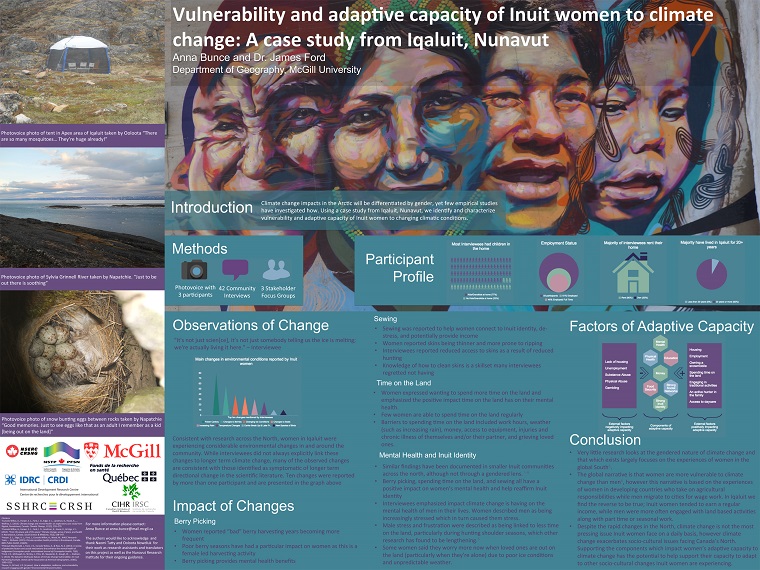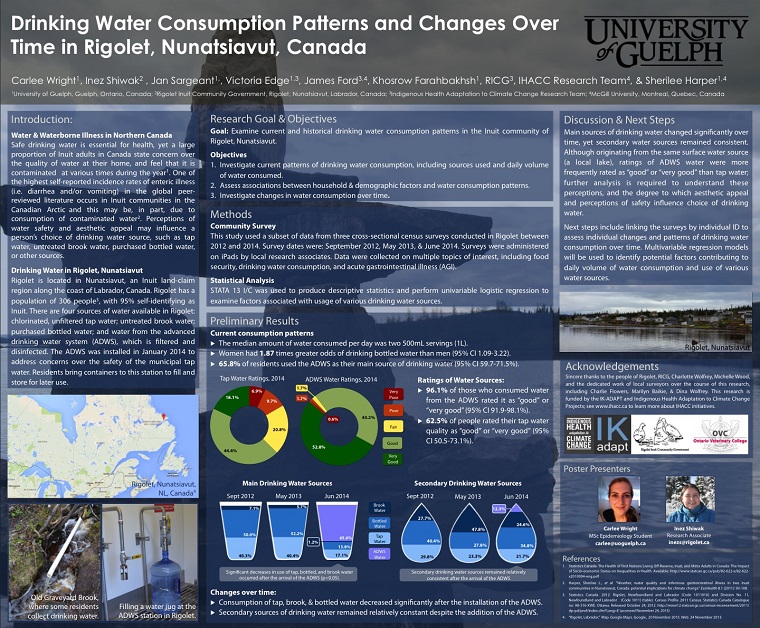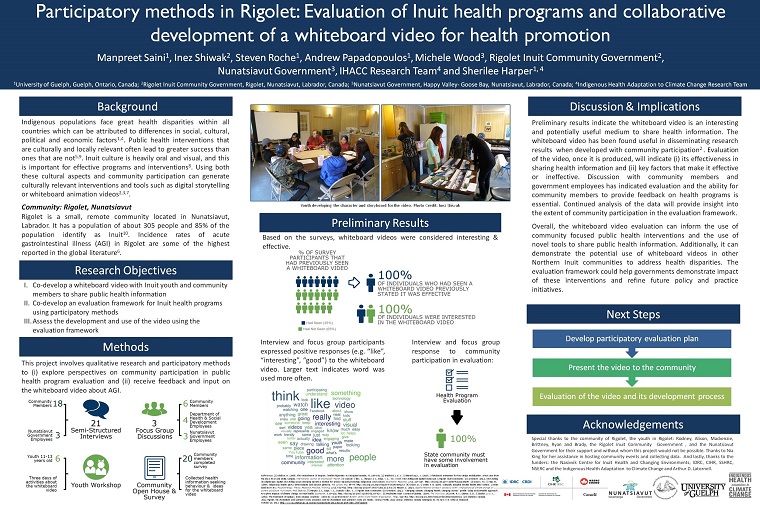Carol is excited to share her field report about her two trips to Peru where she worked with the Shawi Amazon Indigenous People. The two trips completed the necessary fieldwork required for Carol's PhD thesis. For those of you unfamiliar with Carol's work, her thesis investigates the current vulnerability of Shawi Amazon Indigenous people to food insecurity in order to identify potential adaption interventions that might mitigate risks to climate change. Carol's field report touches on a variety of pertinent discussions surrounding the appropriate conducting of fieldwork, including connecting with communities, creating meaningful relationships with guides, and incorporating members of the indigenous community into the research process.
Carol's field report also offers personal insights. As a Peruvian Medical Doctor, she could not close her eyes "to the reality of indigenous health systems" and feels that the field work was essential in evolving her "perspectives about individual and collective Indigenous well-being."
You can read the full field report here: Carol's Field Report.



 Dr. James Ford
Dr. James Ford Dr. Sherilee Harper
Dr. Sherilee Harper Anna Bunce
Anna Bunce Kaitlyn Finner
Kaitlyn Finner Knut Tjensvoll Kitching
Knut Tjensvoll Kitching Carlee Wright
Carlee Wright Manpreet Saini
Manpreet Saini









